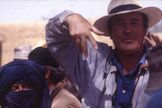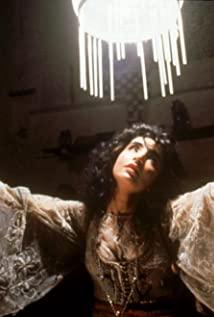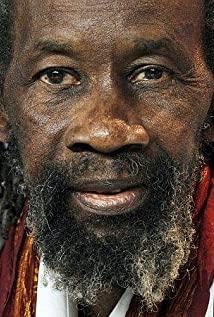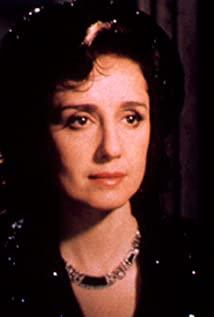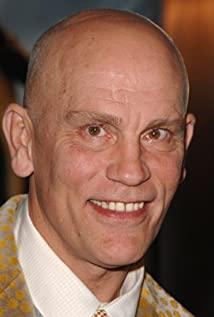The film begins with this line of dialogue:
Tunner: We must have been the first tourists after the war. (We must be the first tourists since the war.)
Kit: We are not tourists, we are travelers. (We're not tourists. We're travelers.)
Tunner: What's the difference? (What's the difference?)
Kit: Tourists are the kind of people who want to go home as soon as they arrive, Tunner. And the traveler may never go back. (A tourist thinks about going home the moment they arrive, Tunner. Whereas a traveler might not come back at all.)
Tunner: You mean, I'm a tourist. (You mean, I'm a toursit?)
Kit: Yes, Tunner. And I am half and half. (Yes, Tunner. And I'm half and half.)
This dialogue makes the distinction between travelers and tourists simple and clear, and also indicates the future fate of the protagonist. Port is a real traveler. Tunner, the tourist, is back in America. After Port's death, Kit traveled to unknown places with a camel caravan of locals, but eventually she came back.
I like to travel very much, and I have been to some places. I find the most interesting kind of travel without a clear destination. You never know what awaits you below. But I've never experienced such a trip. Most of the time I'm just a tourist, or like Kit, half and half. Only people who consider walking in unfamiliar places a normal part of their lives can be called travelers.
The part where Kit goes away with the caravan is the most moving part. A strange desert, a strange alien, a strange language, maybe this is the only way to forget the dead lover and everything in the past? Or remember more deeply? Back in the city where they first arrived in North Africa, the cafe where they used to quarrel, Kit must feel like a lifetime away. However, what has passed will never come back. How can that kind of helpless despair, that kind of grief that is still lingering, how to resolve it?
View more about The Sheltering Sky reviews





